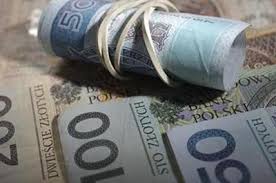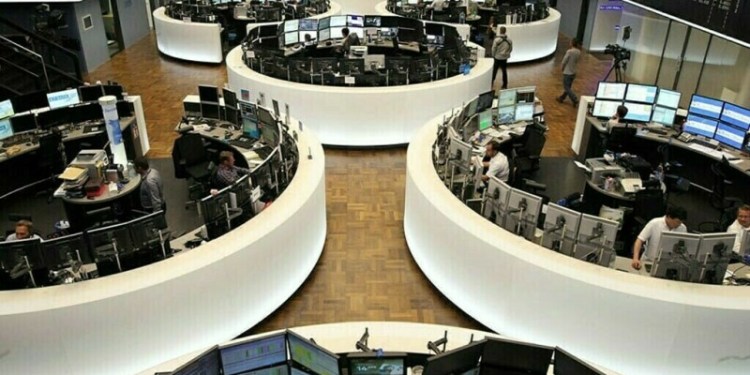Monday, 19 October 2015 19:17
 BUDAPEST/WARSAW: The zloty weakened against the euro on Monday as a batch of Polish figures hardened indications of an economic slowdown with investors wary ahead of the country’s Oct. 25 elections.
BUDAPEST/WARSAW: The zloty weakened against the euro on Monday as a batch of Polish figures hardened indications of an economic slowdown with investors wary ahead of the country’s Oct. 25 elections.
The zloty eased 0.12 percent to 4.238 against the euro by 1314 GMT. Polish and Hungarian government bond yields ticked up by 2-3 basis points, with Poland’s 10-year bonds trading at 2.6875 percent.
The annual growth in Poland’s industrial output slowed to 4.1 percent in September as expected from 5.3 percent in August, and retail sales rose by a meager 0.1 percent, below forecasts.
A fall in prices in Poland cuts retail revenues. The annual producer price index remained deep in the negative at 2.9 percent in September.
The political outlook is also a factor weighing on the zloty as the nationalist Law and Justice (PiS), which is regarded as a less business-friendly party than the ruling Civic Platform, is expected to win the election.
“(We) see a modest upside to EUR/PLN (the PiS majority now looks more likely, as per the latest polls) towards the 4.2500 handle,” said ING analyst Andras Balatoni in a note.
Sentiment in Central European markets was cautiously optimistic after Chinese economic output data showed smaller- than-expected slowdown.
But Poland’s bluechip stock index fell 0.6 percent, knocked down by a 3 percent decline of the shares of Europe’s No. 2 copper producer, KGHM, as the Chinese data depressed copper prices in world markets.
Polish bank shares were mixed after President Andrzej Duda, who is backed by PiS, said he was working on a draft bill that would offer a “compromise” to banks and struggling Swiss franc mortgage holders.
While investors are watching for policy signals from PiS, a European Central Bank meeting on Thursday will be the most important event before the elections since a pick-up in ECB asset buying in the euro zone would be positive to assets in the European Union’s emerging markets, analysts said.
“If the signals from the bank are dovish, it might push zloty and Polish bond prices higher,” Credit Agricole said in a note.
A PiS election victory could curb Polish commercial bank lending to firms, while changes in the Polish central bank’s Monetary Policy Council under PiS rule next year could loosen monetary policy, leading to a “change in the MPC’s function towards supporting economic growth,” Credit Agricole added.


























